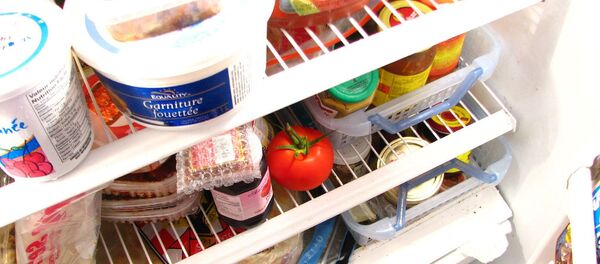New Delhi (Sputnik) — Snacking on a cheeseburger and drinking cola could be no less expensive than dining out at a proper restaurant the next time you visit India. New Delhi is drafting its budget for the next financial year and the buzz is that the government has planned a slew of new taxes with a variety of purposes; the so-called "fat tax" could be the most novel of them all.
Prime Minister Narendra Modi is expected to make the final call on the proposal ahead of the annual union budget that is to be presented on February 1st. Sources close to Prime Minister Modi told Sputnik that the proposal has the backing of the Sangh Parivar – an umbrella organization of Hindu nationalist parties and groups including the ruling Bharatiya Janta Party (BJP).
New York-based PepsiCo and Atlanta-based Coca-Cola, which control the lion's share of India’s carbonated drinks market, as well as the Swiss transnational food and beverage company Nestle would be most burdened by the policy, if adopted. If the tax net is extended to all eateries serving junk food, American fast food chains like McDonalds', Pizza Hut, Domino's Pizza and KFC would be the hardest hit.
According to a study published in the medical journal Lancet, India ranks third behind the US and China in terms of the total number of of obese people. One in every five Indian men and women are either obese or overweight.
The most prevalent obesity-related diseases include diabetes, high blood pressure, high cholesterol, heart disease, stroke, gallbladder disease, gastroesophageal reflux disease (GERD), osteoarthritis, sleep apnea and respiratory problems, as well as some forms of cancer.
Last year, the southern state of Kerala became the first Indian state to introduce a 14.5 percent fat tax on burgers, pizzas and pasta served in branded restaurants.
Denmark was the first country to experiment with a fat tax in 2011, but scrapped it a year later, stating that it failed to change Danes' eating habits and had become a bureaucratic nightmare for producers and outlets. It even brought about cross-border trading, putting Danish jobs at risk.




